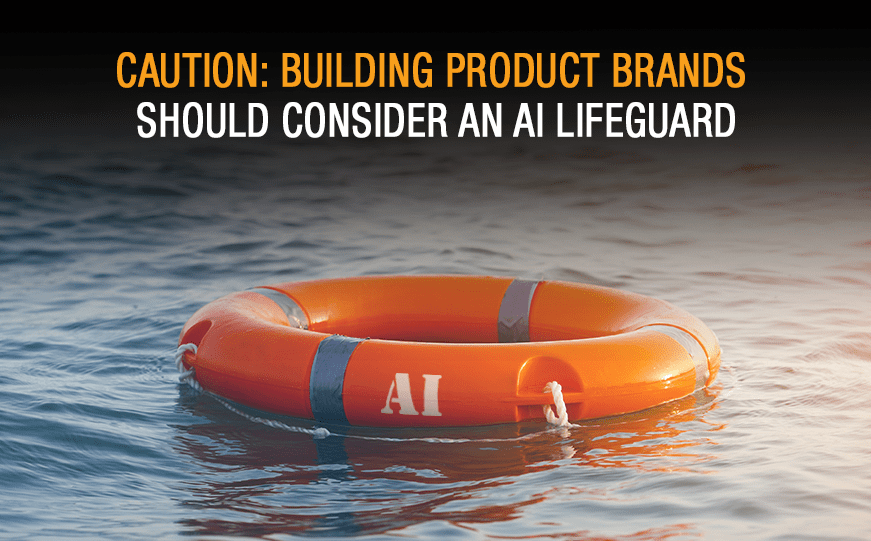When AI Misses the Mark
Amid a government shutdown and the Asia Summit last week, it may have gone unnoticed that Elon Musk launched Grokipedia… a fully AI-generated “encyclopedia.”
Yes, some observers recognized the platform lacked accuracy and better organization.
As well as the yearning for human oversight.
After all, pages are long. Confusing and devoid of context.
A stark contrast to Wikipedia and Reddit… where human editors, collaboration, and debate thrive.
For building product brand professionals, the lesson is clear: when accuracy matters, an over reliance on AI can be a liability.
Contractors, architects, and facility managers depend on reliable data – and trusted expertise – to guide critical material decisions and specifications.
Why This Matters Beyond the Headlines
Risks – and rewards – will continue to evolve for leveraging AI.
This will not be a passing trend.
Yet, AI will only be as effective as the strategy, context, and human “subject expertise” guiding it.
AI: Both Priority and Headache
With a nod to the historical Luddites, AI is executive leadership’s biggest headache and their #1 priority.
Salesforce’s State of Marketing report shows that 75% of marketers are experimenting with AI… yet only 32% are fully satisfied with its ability to create relevant experiences.
And while generative AI can draft content quickly… concerns remain around bias and accuracy.
More importantly, in its potential to erode trust.
For brand leaders in building products marketing, these concerns can be magnified. After all, specification errors – misleading product claims – or poorly written technical descriptions can mean lost leads.
Or worse… liability issues.
How Communication Agencies can be the Lifeguards
As a recent MarketingProfs article put it: “AI is smart, but it’s not an agency.” Of course, AI can generate keywords or headlines.
But it can’t deliver time-tested instinct or relevancy. Best practice and accountability.
In thebuilding products industry, where professional lifelines depend on performance – budget adherence and code compliance – accuracy and trust outweigh speed.
An agency acts as the lifeguard to brand promise… ensuring that AI’s potential is harnessed responsibly.
And that audiences are nurtured, effectively.
Balancing Technology with Human Touch
Recently, K&A explored the ways many building product brands are already turning to AI in customer service.
Leveraging automation to personalize recommendations – answer technical questions – and even streamline project support.
That application continues to demonstrate a well-founded promise.
It can help a contractor quickly identify the proper insulation for a commercial project.
And point an architect to environmentally conscious material alternatives.
Expanding that success will depend on achieving a balance between automation.
And human oversight.
Just as Starbucks has proven that authentic interaction beats pure automation… building product brands must ensure AI enhances – not replaces – the relationships that build loyalty.
And trust.
Of course, let AI handle repetitive tasks.
While freeing aligned sales and marketing teams to focus on deeper conversations. That drive specifications. Strengthen partnerships. And ultimately, win projects.
Lessons from the Field
AI chatbots can help confirm availability… but they mustn’t advise on installation. Advise on code compliance. Or be relied upon for warranty issues.
Today, that requires people and processes – who understand both the product – and the insights for leveraging channel opportunities.
Kleber & Associates has proven – for nearly four decades – that building product marketing succeeds when technology is paired with judgment.
While the water may appear calm, why risk diving into AI without a lifeguard.
Email Steve at sk@kleberandassociates.com to explore how we can help guide your brand safely through the currents.
And how to avoid the troubled waters.




